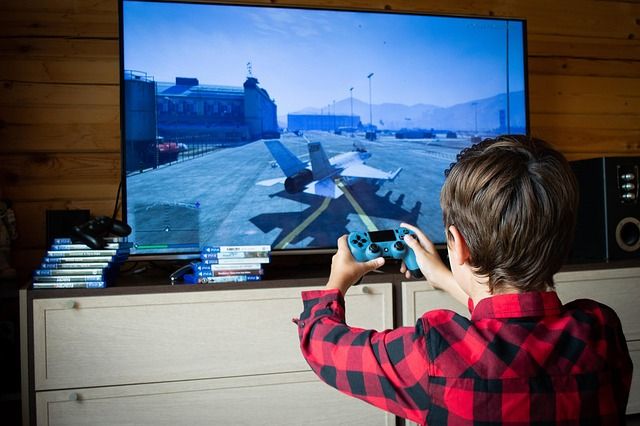

Epic Games - Creator of Fortnite - Sued Over Video Game Addiction
Parents are raising serious concerns over the addactive nature of video games, many taking action against the makers of Fortnite, Minecraft, and Call of Duty.
Epic Games, the creator of popular video game Fortnite with over 100 million active monthly players, has been under fire recently. The issue? Parents are claiming that Fortnite was intentionally designed to specifically addict children to the game through rewards, incentives for daily play, and in-game currencies. Other game-makers have been at the center of scrutiny as well, including Microsoft/Mojang Studios (maker of Minecraft) and Roblox Corp. (maker of Roblox).
Fortnite is one of the most popular video games among kids and quickly gained popularity due to its engaging visuals and thrilling challenges. However, parents are now raising concerns about the game’s impact on their children’s behavior.
In Fortnite, similar to other games, the player’s ultimate goal is to defeat the rest of the competition and be the last player standing. The game was developed on a cyclical model, refreshing every 10 weeks, structured intentionally with rewards and incentives to engage the player. The game also includes a series of daily challenges to motivate constant play—some of which are not able to be paused without losing. All of these aspects were meticulously curated to keep children coming back for more, lawsuits claim.
Research suggests that video games can be addictive as these games trigger a surge of dopamine — the brain’s “reward” chemical. This dopamine rush can be highly stimulating, leading to a strong urge to keep chasing that feeling.
Video game addiction a real disorder, and is described in the American Psychiatric Association’s Diagnostic and Statistical Manual of Mental Disorders (DSM-5-TR) as Internet Gaming Disorder (IGD). This resource is used by mental health professionals to diagnose mental disorders. IGDs are defined as the “the steady and repetitive use of the Internet to play games frequently with different gamers, which leads to clinically significant distress and psychological changes...” Some of the symptoms associated with video game addiction or gaming disorder include: obsession, withdrawal symptoms when not playing, neglect of other activities like previously-enjoyed hobbies and school, violent behavior, and attempted suicide
Parents are urging for accountability from video game makers, filing lawsuits against popular gaming companies on behalf of their children. The video game addiction lawsuits against Fortnite are mainly focusing on two claims arguing that Epic Games failed to warn consumers about the addictive potential of the game, and that the video game was defectively/deceptively designed, meaning it was created with the intent to addict gameplayers. The lawsuits remain ongoing and compensation may be available to those who qualify.
Has your child experienced at least one or more of the following symptoms lasting more than 12 months? If yes, your child may be addicted to video games:
- Change in eating patterns due to gaming
- Deceiving family members or others
- Decline in academic performance
- Diminished social interaction with family or friends
- Gamer’s rage (anger prompted by losing or withdrawal from game)
- Loss of interest in previous hobbies and entertainment
- Withdrawal symptoms if game is taken away
- Has displayed violent behavior and/or attempted suicide
Want to Know if You are Eligible?









